Company Culture And Why We May Get It Wrong?
In modern workplaces, the concept of company culture has become a buzzword, an elusive ideal that organizations strive to achieve. However, despite good intentions, many companies find themselves grappling with a company culture conundrum. Why do we often get it wrong? This blog post explores some common pitfalls, including the challenges of creating inclusive environments, the impact of affinity groups, and the consequences of hasty hiring practices.
At the core of any successful company culture lies the fundamental human need to be known and heard. Employees crave recognition and understanding, not just as cogs in a machine but as individuals with unique perspectives, experiences, and aspirations. Fostering an environment where everyone feels seen and heard is crucial for building a positive and inclusive culture.
While setting up groups such as LGBTQ, women's networks, or other affinity groups can be a positive step toward fostering inclusivity, it's essential to tread carefully. These groups, while beneficial for providing support and a sense of community, can unintentionally create divisions. Employees who do not identify with these specific groups may feel alienated, leading to a fractured rather than cohesive company culture.
Striking the right balance involves acknowledging and celebrating diversity without inadvertently excluding or marginalizing individuals who don't fall within the defined categories. Encouraging open dialogue and creating opportunities for cross-functional collaboration can help bridge the gap and build a more inclusive culture.
Another common stumbling block in cultivating a healthy company culture is the haste with which organizations approach hiring. In the race to fill vacant positions quickly, companies may overlook the importance of finding candidates who align not only with the job requirements but also with the organization's values and cultural focus.
Hiring too fast can result in a cultural mismatch, where new hires struggle to fit into the existing work environment. This can lead to a disjointed company culture, decreased employee morale, and ultimately, high turnover rates. Taking the time to evaluate cultural fit during the hiring process can pay dividends in the long run, contributing to a more sustainable company culture.
Company culture is a delicate ecosystem that requires thoughtful cultivation and continuous refinement. To avoid the pitfalls that often accompany the quest for a positive workplace culture, organizations must prioritize the human element. Recognizing the importance of individuals feeling known and heard, navigating the challenges of affinity groups with care, and adopting a deliberate approach to hiring are key steps toward building a company culture that stands the test of time. In the pursuit of a thriving workplace culture, let's shift our focus from speed to intentionality and from exclusion to genuine inclusivity. People need to feel valued and taking time to get the correct people, making sure everyone feels connected, and that the leadership cares is crucial for a sustainable culture.
Have a great week!
“Businesses wonder why it is still hard to be thought of as the brand of choice with the best customers and top employees. How can our business make more profitable transactions and stay out of the commodity battle with low profits? How can we land and keep top talent in our organization with the salary wars. Kevin teaches your sales and leadership teams how to build the key ingredient to be successful with their relationships and take your goals to the next level with high levels of engagement.
Kevin’s website: www.kevinsidebottom.com
Kevin’s email: kevin@kevinsidebottom.com
The Sales Process Online Membership Site
The Sales Process Uncovered Book
